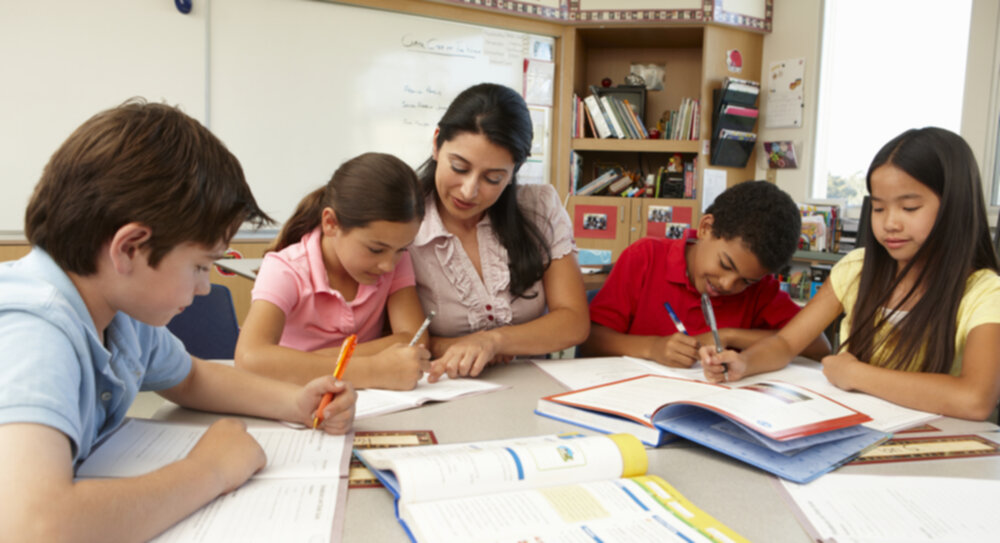Children Do Best in School When Parents Have High Expectations
Most of the research indicates that children do best in school when parents have high expectations. It’s not a surprise that a strong correlation has been found between these two variables. Children are strongly influenced by their parents in nearly every way, so how they perform in school is often in alignment with the tone set by them.

The Virginia Policy Review cited a study that found when parents believe that not only does the school play a big role in how their children perform, but they as parents do as well, that that can help greatly in keeping expectations high. Another important factor is when parents understand the school system. As such, it’s critical for schools to reach out to parents to help them understand policies and procedures.
Child experts recommend a few specific ways for parents to get their kids to do well in school. The first is to just talk to them about their expectations. Especially when kids are young, they usually enjoy having heart-to-heart talks. It’s also important for parents to tell them the advantages of getting high marks, such as getting into the college of their choice and future careers.
When it comes to parental expectations, though, it can be too much of a good thing. For instance, the American Psychological Association (APA) published research of about 3,500 students that examined the aspiration of parents in relation to how well students did in math. The data found that kids did worse when parents expected too much from them. Brainy-child, a site about optimizing the psychological development of children, suggests that, when working with kids on goals, to set ones that aren’t too difficult at first. Then, slowly but surely, establish bigger ones, always going back to smaller objectives if those aren’t being reached. Like anything, learning how to accomplish what you want to achieve takes practice, especially when you’re a kid and new to doing that.
Finding educational programs that support ELL students’ first language, such as The Latino Family Literacy Project, can make an enormous difference on their academic and language acquisition success.
